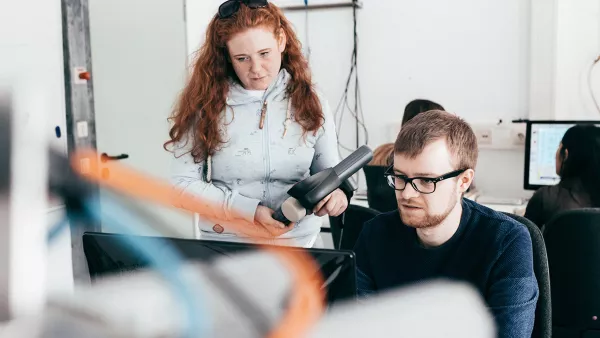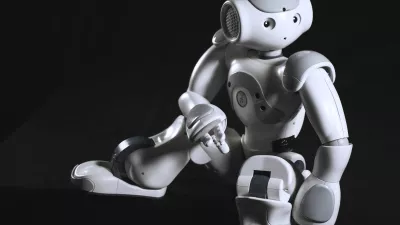At a glance
Robotics
Games
In the Master's study program in Computer Science, you can further expand your skills from a completed Bachelor's study program in Computer Science. The in-depth profiles are:
- Artificial Intelligence (AI)
- Robotics
- Games
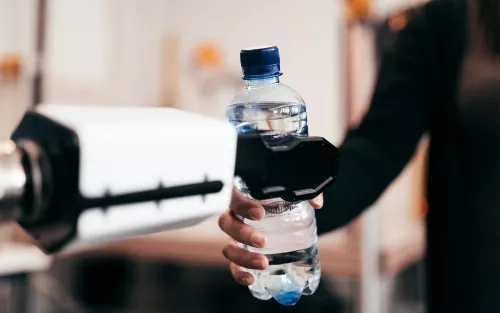
What you can expect
- As a full-time course in 3 semesters to a Master of Science . As a part-time course in 5 semesters, easily compatible with a parallel career
- Work in small groups with intensive supervision
- Research at the highest level and collaboration on scientific projects
- State-of-the-art laboratories

Profile Artificial Intelligence
Artificial intelligence is the key to shaping the future. Companies worldwide, regardless of industry, are looking for experts in the field of AI. Our Artificial Intelligence profile offers you the opportunity to work in one of the most exciting and fast-growing areas of technology. This will give you access to a wide range of career opportunities in industry, research and even a PhD.
Here you will learn to analyze large amounts of data, apply machine learning and develop intelligent systems. This knowledge is continuously deepened through numerous applications in various internships.
In addition, our in-house Institute for Artificial Intelligence offers the ideal platform for you to work on exciting research projects, right through to a doctorate in this future-oriented field.
Important events of the profile are
- Machine Learning
- Deep Learning
- Computer Vision
- Gaming AI
- Data Science
Contact person: Prof. Dr. rer. nat. Markus Schneider
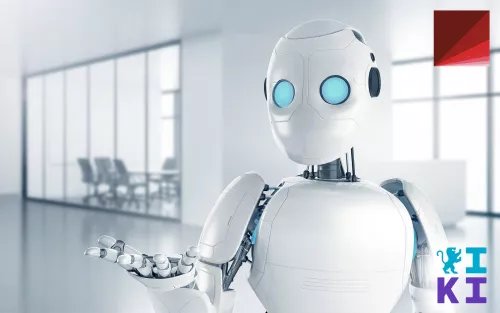
Profile Robotics
The Robotics profile is an exciting and versatile field of study that allows you to participate in the development of intelligent systems and autonomous robots. With broad application areas in industry, care, logistics and more, you will acquire interdisciplinary skills and be able to apply learning content from other courses to real-world problems. This focus prepares you ideally for a career as a robotics expert with many practical applications.
Our in-house robotics lab at the Institute of Artificial Intelligence allows you to demonstrate your skills on real autonomous mobile robots and even take part in international competitions.
Important events of the profile are:
- Autonomous Robots
- Intelligent Robotics
- Robocup
- Machine Learning
- Computer Vision
Contact persons: Prof. Dr. rer. nat. Markus Schneider and Benjamin Stähle
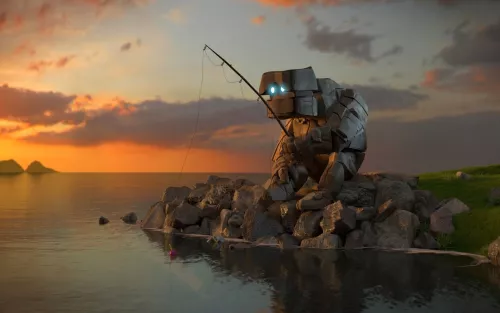
Profile Games
The Games profile cooperates with suitable degree programs. Here, designers, storytellers and computer scientists work hand in hand on joint projects. Important lectures in this profile are
- Gaming AI
- Computer Vision
- Advanced Computer Graphics
- Shader programming
Contact person: Prof. Dr. Daniel Scherzer
Dates
All eventsSpannende Events
Ob Mittwochseminar, Nacht der Informatik, Robot Competition Day, LAN-Party oder Coding Night: Unsere Informatik geht über den Hörsaal hinaus! Studieren in Weingarten bedeutet, dabei zu sein bei spannenden Vorträgen, Events und Challenges rund um aktuelle Themen der Informatik.
Downloads
- Alle Infos kompakt auf einen Blick.
- §34 der Studien- und Prüfungsordnung für die Masterstudiengänge - Fassung vom 30. November 2023
- §34 der Studien- und Prüfungsordnung für die Masterstudiengänge - Fassung vom 19. Januar 2023
- Ältere Modulhandbücher sind im QM Portal abgelegt.
- Studien- und Prüfungsordnung für die Masterstudiengänge mit Allgemeinem Teil - Diese Änderungssatzung tritt zum WiSe 2023/24 in Kraft
- Satzung der Hochschule Ravensburg-Weingarten über die Regelungen zum Hochschulzulassungs- und –auswahlverfahren für Masterstudiengänge vom 3. April 2025
Further information
Curriculum
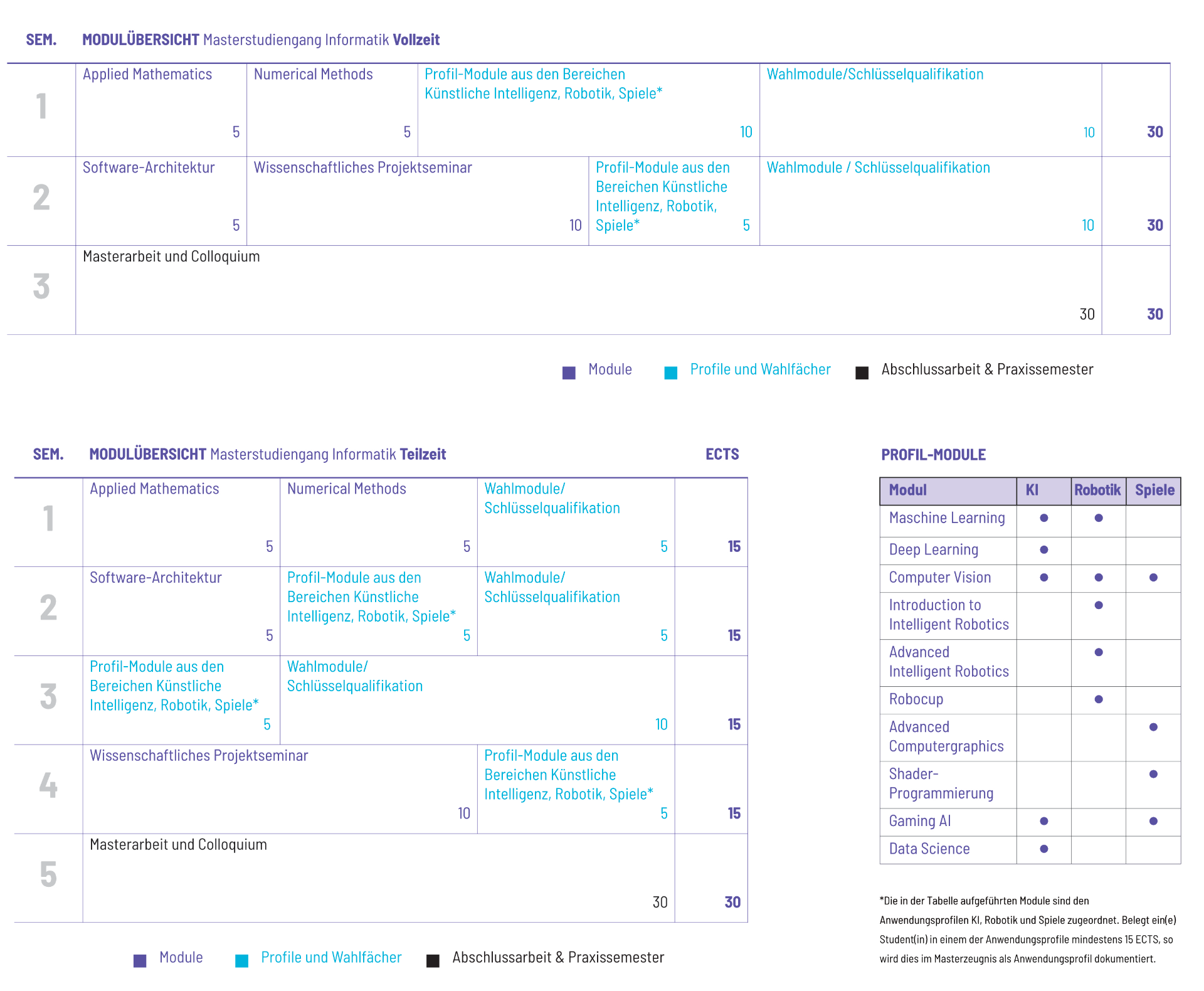
Profiles
Artificial intelligence
- Machine Learning
- Deep Learning
- Computer Vision
- Gaming AI
- Data Science
ROBOTICS
- Autonomous Robots
- Intelligent Robotics
- Robocup
- Machine Learning
- Computer Vision
Games
- Gaming AI
- Computer Vision
- Advanced Computer Graphics
- Shader Programming
Admission
Application deadline
For the winter semester: July 15
For the summer semester: January 15
Part-time study
The study program can be studied full-time, with the standard period of study being 3 semesters. In order to make it possible to combine studies with a career or family, it is also possible to study part-time in 5 semesters. Classes are held either on Thursdays and Fridays or on Mondays and Tuesdays.
Applicants from the same subject area
You will be admitted with a completed Diploma or Bachelor's degree in Computer Science with 180 or 210 ECTS. You need a total of 300 ECTS for the Master's degree in Computer Science. Missing ECTS can be achieved with electives.
You can apply for a place on the Master's course in the final semester of your Bachelor's degree. Further details can be found in the current version of the Ravensburg-Weingarten University of Applied Sciences statutes on general regulations for the university admission and selection procedure (see Admissions Office download area).
You will be admitted with an average grade of 2.9 or better. All applicants who meet the admission requirements will be admitted.
Applicants from other disciplines
Applicants with a Diplom or Bachelor's degree from another subject area will be admitted if they have completed the following core subjects:
- Mathematics and Foundations of Computer Science (at least 25 ECTS)
- Programming and Software Engineering (at least 20 ECTS)
- Databases, operating systems and networks (at least 15 ECTS)
Bridging courses can be attended in order to acquire missing knowledge for admission. These are usually subjects from the Bachelor's degree course in Applied Computer Science.
Projects
Projects of this degree program

El Dorado - Secrets of the Past
The game “El Dorado - Secrets of the Past” was developed as part of the “Game Development for Masters” course. This project combines cutting-edge technology and creative level…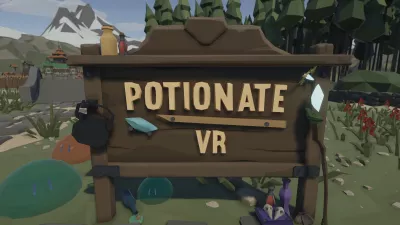
Potionate VR - Explore the secrets of magic
In “PotionateVR”, you take on the role of a lost alchemist who explores the secrets of magic. With the help of potions and your staff, you fight your way to your village. But think…Labs
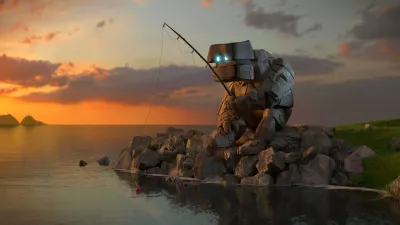
3D & Game Development
- Building G
- Room G 001 und G 101
News
News of this degree program

Press release
Promoting democracy in computer science degree programs
In the Wednesday seminar on January 28 at RWU, Professor Dr. Marius Hofmeister will address the question of how democratic skills can be promoted in computer science courses.
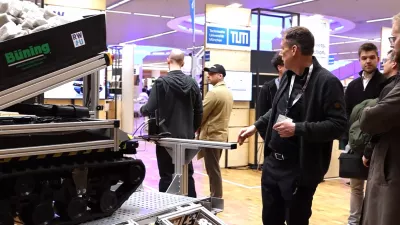
Press release
RWU develops autonomous construction machine
RWU Ravensburg-Weingarten University of Applied Sciences is presenting the prototype of an autonomous bulk material robot at the bauma 2025 construction machinery trade fair in Munich. Staff and students spent two years researching and working on it together with an industrial partner.
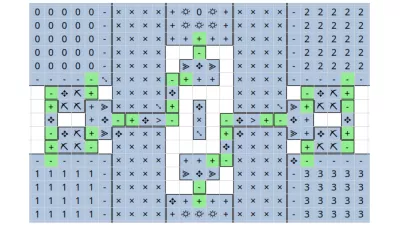
InformatiCup
RWU team qualified for the final
The InformatiCup is an annual programming competition. Four teams have now been invited to the finals in Hamburg - RWU is among them!
Contact & People
General contact details
| Web links | |
|---|---|
| On campus |
Building T
Doggenriedstr. 42
88250 Weingarten |
| Postal address |
RWU Hochschule Ravensburg-Weingarten University of Applied Sciences Computer Science P.O. Box 30 22
88216 Weingarten Germany |
Head of Study Program
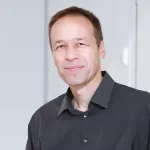
Departmental Office
Professors



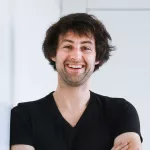
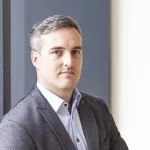


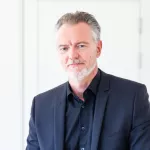

Employees
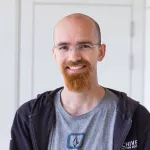
Admission Office

Examination Office

Dean

